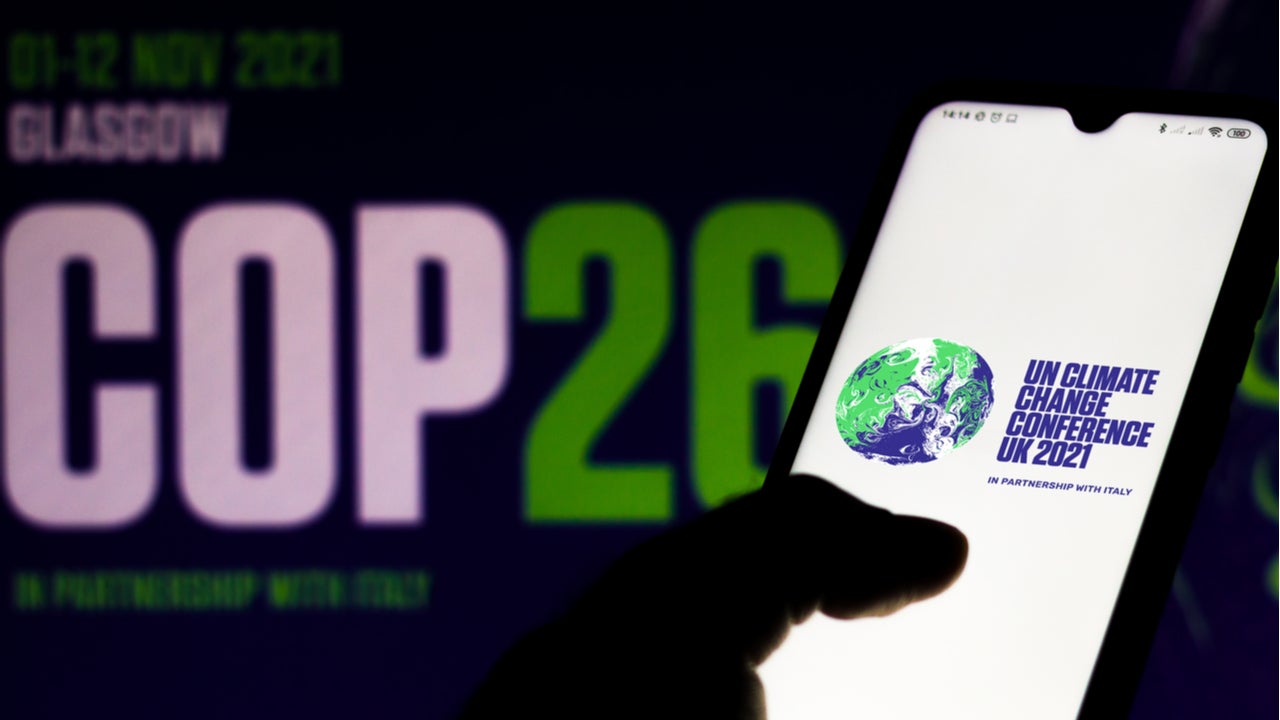This Autumn’s COP26 meeting has gained in importance, as a number of towns and cities worldwide have hit temperatures that exceed levels that healthy human beings can survive out of doors.
In June, Jacobabad in Pakistan hit temperatures as high as 52C, a temperature in which the body’s cooling mechanisms, such as sweating, become ineffective. The streets have had to be deserted as people seek shade, but air conditioning is not common in the town of 200,000.
Similarly, a Canadian town has been the epicenter of a heatwave in the pacific northwest where temperatures are now 40C warmer than normal. Lytton, British Colombia, is roughly the same latitude as London but in a mountainous region, and a new set of factors including ice loss mean that the area is super heating as the unprotected ground soaks up the sun’s rays.
Temperatures in Lytton have reached 49C which is hotter than it has ever been, even in Las Vegas or Miami. The heat is so extreme that 130 people have died from heatstroke and glaciers up in the mountains are melting down the hillside and flooding homes.
In the case of the Canadian heatwave, these temperatures are extremely abnormal, but scientists continue to warn that these heatwaves and their coinciding droughts will be normal in the coming years. A number of bodies in the regions now declare this a climate and public health emergency.
After failure of G7 summit to agree new funding, COP26 in November is critical
Campaigners were largely disappointed after the G7 summit in June in Cornwall.

US Tariffs are shifting - will you react or anticipate?
Don’t let policy changes catch you off guard. Stay proactive with real-time data and expert analysis.
By GlobalDataNo significant new cash was allocated to help developing countries transition, the UK pulling back on overseas aid spending, no pledges to end all new fossil fuel development and only a pledge to halt new coal funding.
Due to the failure of the G7 meeting, COP26 in Glasgow is now believed to be the last chance if the world is to limit warming to the 1.5C level. In the six months before the Paris climate agreement, the outcome was looking pessimistic but overall, it was largely a success because of careful diplomacy in the months before to find areas of global compromise and solidify them.
If the world is to aim to reduce to or control some of the highly dangerous weather events seen over the last week and the severe consequences of further warming, COP26 needs to be a huge and ambitious success.









